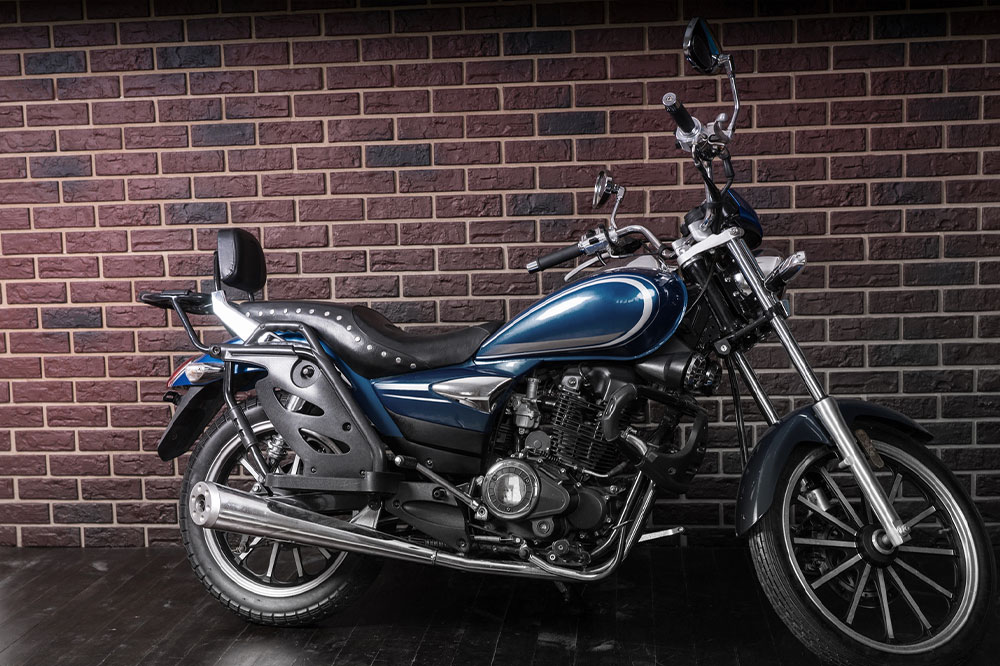Essential Tips for Choosing Your Ideal Motorcycle
Discover essential tips for choosing the perfect motorcycle, including understanding your purpose, budget planning, and deciding between new or used models. This guide helps riders make informed decisions, ensuring safety and satisfaction. Whether for city commuting or off-road adventures, find out how to select the best motorcycle for your needs and budget with expert advice and practical tips.

Essential Tips for Choosing Your Ideal Motorcycle
Starting your motorcycle shopping journey is exciting. The allure of leather gear, rider communities, and lively cafe gatherings makes motorcycle riding a passionate hobby. Many see motorcycles as practical for daily travel, whether a sleek city scooter or a tough off-road bike. Picking the perfect motorcycle requires careful planning and thorough research to meet your needs and preferences.
Intended Use: Decide if your main purpose is urban commuting, sport riding, or trail adventures. Different models like sport bikes, cruisers, dual-sports, or dirt bikes cater to specific riding styles.
Choosing the appropriate motorcycle type is crucial. Consider engine size (CC), power levels, rider comfort, and ergonomic features before buying. Making hasty decisions without understanding these aspects can lead to dissatisfaction or safety risks.
Budget Planning: Motorcycle prices range widely, from about $5,000 to $25,000 based on brand and features. After selecting your preferred model, compare current market prices and set a realistic budget that includes taxes, registration, delivery, and safety gear like helmets and protective clothing.
New vs. Used Models: Purchasing a used motorcycle can be cost-effective and quicker to get started. When buying used, review the bike’s accident history, ownership records, mileage, and maintenance history. Aim to choose a dependable, well-maintained bike, whether new or pre-owned.
Financing Options: Many buyers opt for financing plans with minimal initial payment. Making a larger down payment can secure better loan terms. Pre-approval can simplify the process, but consider interest rates, your credit score, and loan duration.
Dealership vs. Private Seller: Select your seller based on your preferences. Dealerships often offer a wider selection, warranties, and servicing support along with financing. Private sellers might provide more flexibility but usually lack formal warranty coverage.
Important Note:
Our blog provides comprehensive and practical insights based on thorough research. Use this information as a starting point, not the final authority. The team is not responsible for external data inaccuracies or offers. Always verify details and explore additional deals or promotions before making a purchase.


